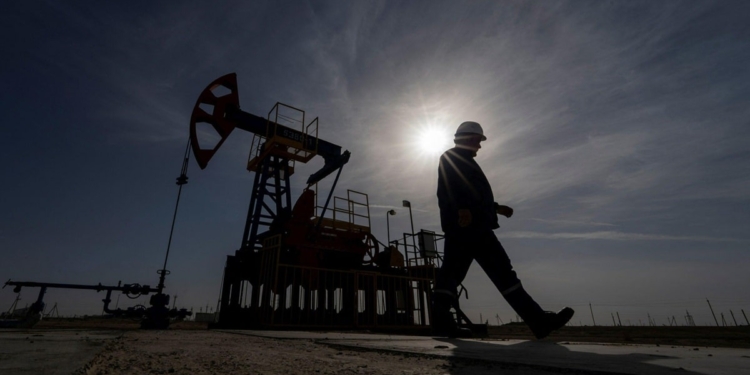Tunisian energy exports fell by 34% at the end of September 2025, according to a note from the Arab Institute of Business Leaders (IACE). The organization is sounding the alarm on a structural energy crisis, marked by the collapse of national oil and gas production, and a growing dependence on imports.
A collapse in national production
The note entitled “Imports: the underside of a contrasting trend” draws up a worrying observation: daily oil production fell from 77,000 barrels in 2010 to only 27,000 barrels in 2025. This drastic fall reflects, according to the IACE, “a multi-year and continuous deterioration” of the sector.
The institute underlines that even the hopes placed in the Nawara gas field, long presented as a breath of fresh air for the Tunisian economy, have “vanished”. The figures confirm this: Nawara’s oil production fell by 47%, from 54.2 Ktoe at the end of August 2024 to 28.7 Ktoe in August 2025. Natural gas production also fell by 25%, to stand at 169 Ktoe.
An energy trade deficit still heavy
This paralysis of the sector continues to weigh heavily on the trade deficit, the share of which linked to energy now represents 48%. Without the fall in world prices, the situation would have been even more critical. In fact, the average price of a barrel of oil decreased from $84 to $72 between June 2024 and June 2025, a drop of 15%, partially mitigating the energy bill.
Thanks to this slowdown in prices, imports of energy products fell slightly by 11.8% at the end of September 2025, whereas they had jumped by 14.5% over the same period a year earlier.
An alert on the country’s energy dependence
For IACE, these indicators reflect a systemic crisis: fall in production capacity, underinvestment in prospecting, slowness of reforms and gradual disengagement of foreign investors. The institute believes that a new energy model is necessary, based on the diversification of sources and the development of renewable energies.
“Without a profound overhaul of the governance of the sector, Tunisia will continue to import the majority of its energy needs,” warns the report.
Read also








